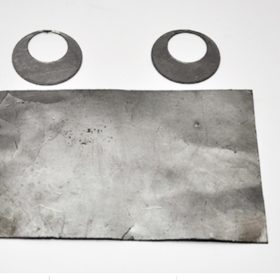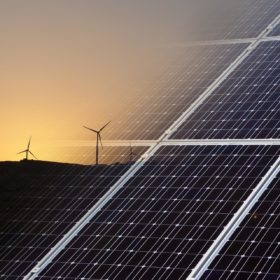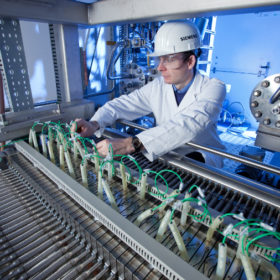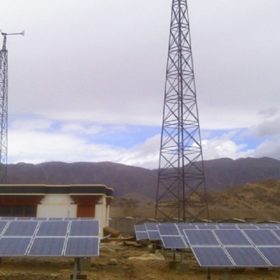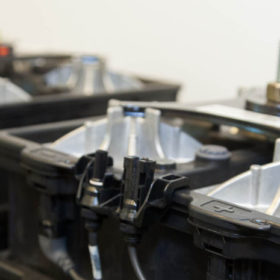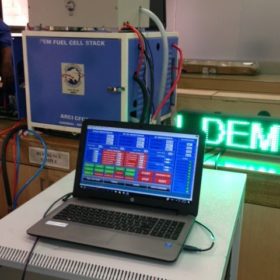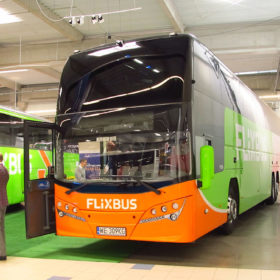Evergreen Renewables to invest INR 4,000 crore in Gujarat
Advait Infratech will invest in the manufacturing and assembly of fuel cells and electrolyzers in Gujarat. Waaree will set up a green hydrogen/green ammonia production facility along with hybrid (solar, wind) renewable energy generation.
Blackearth JV set to commence construction of India plant
The Australian graphite developer and its 50:50 joint venture partner Metachem have acquired a 5-acre site in Pune for their downstream graphite processing plant.
Jakson enters utility-scale battery storage, green hydrogen markets
Noida-headquartered Jakson has roped in Sterling & Wilson Solar’s former global CEO, Bikesh Ogra, to lead a new venture that will focus on green hydrogen, utility-scale battery storage, and solar.
GAIL launches funding scheme for renewable, electric-mobility startups
Gas Authority of India Ltd. (GAIL), a state-owned natural gas supplier, has started accepting proposals from startups in the renewable energy and electric mobility sectors for equity investment under its “Pankh” initiative.
India, Denmark to fund joint R&D projects on green hydrogen fuels
The Department of Science & Technology, Government of India, and the Innovation Fund Denmark (IFD) have collaborated to fund Indian and Danish researchers on the joint development of green fuels including green hydrogen.
Sona Comstar, IIT Delhi launch incubation program for EV startups
The program aims at supporting the development of innovative electric vehicle (EV) solutions like extending range through battery capacity improvements, and battery management, fast charging infrastructure, and mobile charging solutions for emergencies. Two startups shall be supported each year with up to INR 80 lakh each to complete proof of concept and develop prototypes.
DST launches energy storage innovation challenge
October 31 is the last date to submit proposals for developing economically viable energy storage solutions that can be integrated with appropriate renewable energy sources to provide an uninterrupted power supply for rural households and enterprises.
Low-cost bio-inspired electrocatalyst for rechargeable metal-air battery
Indian scientists have developed a low-cost electrocatalyst based on iron, manganese and N-doped carbon derived from fish gills (Fe/Mn/N-FGC) that increased the performance of a homemade rechargeable zinc-air battery when used as the air cathode. The Fe/Mn/N-FGC cathode based battery achieved open-circuit voltage of 1.41 V and a large power density of 220 mW/cm2 at 260 mA/cm2 current density—compared to commercial platinum/carbon based battery’s 1.40 V and 158 mW/cm2—with almost stable charge-discharge voltage plateaus at high current density.
ARCI develops fuel cell technology to power disaster management systems
Fuel cell systems provide sustainable electricity using hydrogen gas without the need of grid power as required by conventional battery backup systems, making them highly useful for applications like Emergency Operation Centres which need to respond immediately during an emergency situation with state-of-the-art communication systems.
European carrier plans hydrogen buses for long-distance routes
German coach company planning start-up Flixbus will test hydrogen fuel cell vehicles on long-distance routes.

